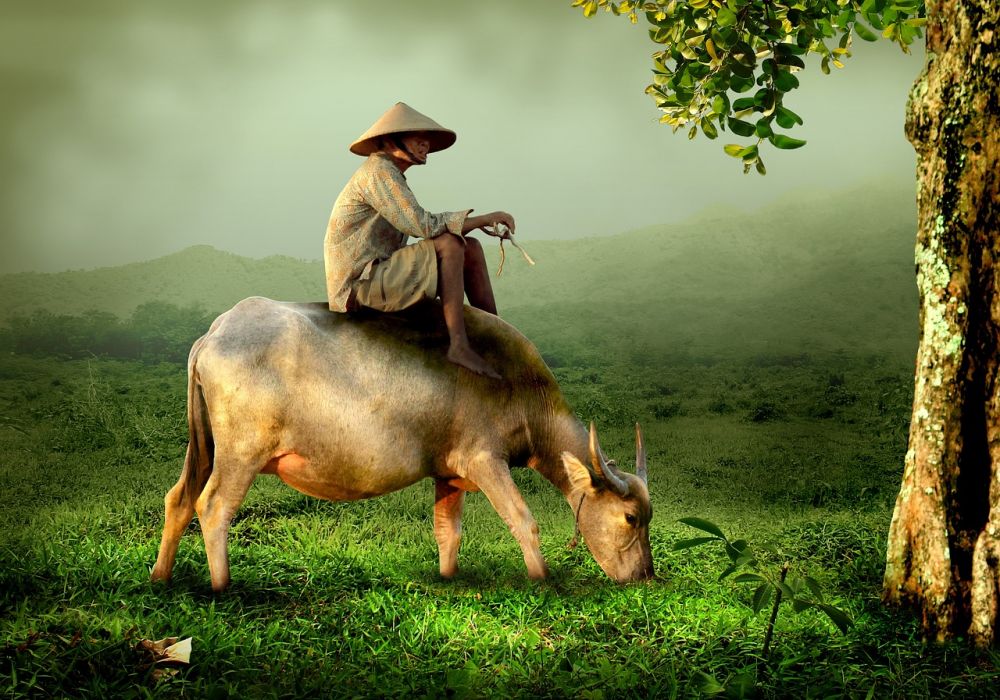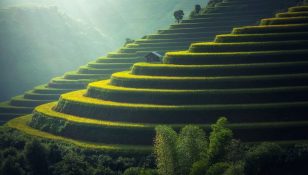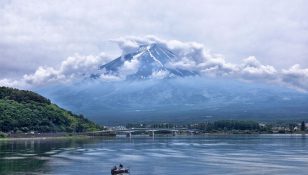Sri Lanka: A Jewel in the Indian Ocean

Introduction:
Sri Lanka, often referred to as the “Pearl of the Indian Ocean,” is a captivating island nation that offers a plethora of experiences for travelers and adventure enthusiasts alike. From its stunning landscapes and diverse wildlife to its rich cultural heritage and warm hospitality, Sri Lanka has a unique charm that sets it apart. This article aims to provide a comprehensive overview of Sri Lanka, catering to those who are generally interested in this topic.
Historical Evolution:

Sri Lanka’s history dates back over 2,500 years, making it one of the oldest civilizations in South Asia. The island has seen the rise and fall of several kingdoms, invasions by foreign powers, and the influence of various cultures throughout its history. From the ancient Anuradhapura and Polonnaruwa kingdoms to the medieval Kotte and Kandy periods, Sri Lanka’s historical evolution has shaped its present identity.
Colonization and Independence:
During the 16th century, European colonial powers, such as the Portuguese, Dutch, and British, established trade relations and eventually took control of various parts of the island. The British Empire ruled Sri Lanka from 1815 to 1948 until it gained independence. This colonial influence left a lasting impact on the country’s architecture, language, and legal systems.
Geographical Diversity:
Sri Lanka boasts a diverse range of natural landscapes, offering something for every nature enthusiast. From pristine beaches that stretch along the coastline, with palm trees swaying in the breeze, to misty mountains covered in tea plantations and waterfalls cascading down, the island’s geography is truly awe-inspiring. The central highlands, including the famous Adam’s Peak and Horton Plains National Park, provide opportunities for hiking and wildlife encounters.
Wildlife and Biodiversity:
Sri Lanka is home to a vast array of wildlife, with many national parks and protected areas preserving its biodiversity. The island’s wildlife includes majestic elephants, elusive leopards, graceful deer, and colorful bird species. Yala National Park and Wilpattu National Park are renowned for their leopard sightings, while Udawalawe National Park offers a chance to observe herds of elephants in their natural habitat.
Cultural Heritage:
Sri Lanka’s cultural heritage is rich and diverse, influenced by various ethnic groups and religions. The ancient cities of Anuradhapura and Polonnaruwa showcase well-preserved archaeological sites, including magnificent stupas and intricately carved stone sculptures. The sacred city of Kandy is home to the Temple of the Tooth Relic, a significant Buddhist pilgrimage site. The colonial-era architecture in Galle Fort and the vibrant temples and mosques in the capital city of Colombo are other highlights.
Culinary Delights:
Sri Lankan cuisine is a delightful fusion of flavors and spices, reflecting the country’s history and cultural influences. From mouthwatering rice and curry dishes, featuring an array of vegetarian and non-vegetarian options, to street food delights like hoppers and kottu roti, Sri Lanka offers a gastronomic adventure for food lovers. Don’t forget to sample the world-renowned Ceylon tea, which is grown in the cool mountainous regions of the island.
Future Prospects:
As Sri Lanka continues to develop its tourism industry, the government has implemented initiatives to promote sustainable tourism and preserve its natural and cultural heritage. With improved infrastructure, including new highways and upgraded airports, accessibility to the island has significantly improved. This ensures that visitors can explore all corners of Sri Lanka comfortably.
Conclusion:
Sri Lanka’s abundant natural beauty, vibrant cultural heritage, and warm hospitality make it an exceptional destination for travelers seeking unique experiences. Whether you are exploring ancient ruins, embarking on wildlife safaris, or simply relaxing on pristine beaches, Sri Lanka has something for everyone. As you plan your next adventure, consider embarking on a journey to discover the enchanting island of Sri Lanka.

















